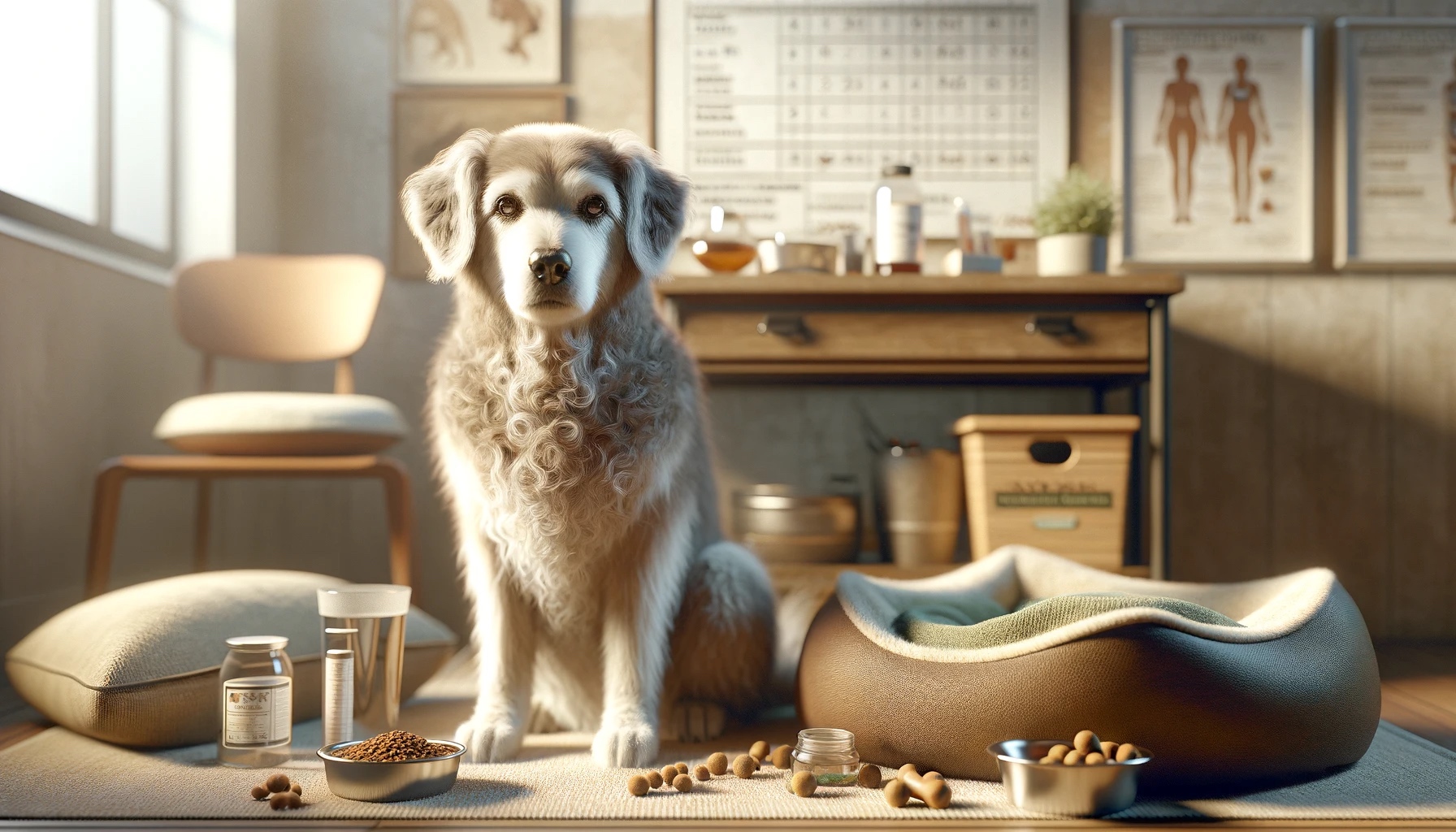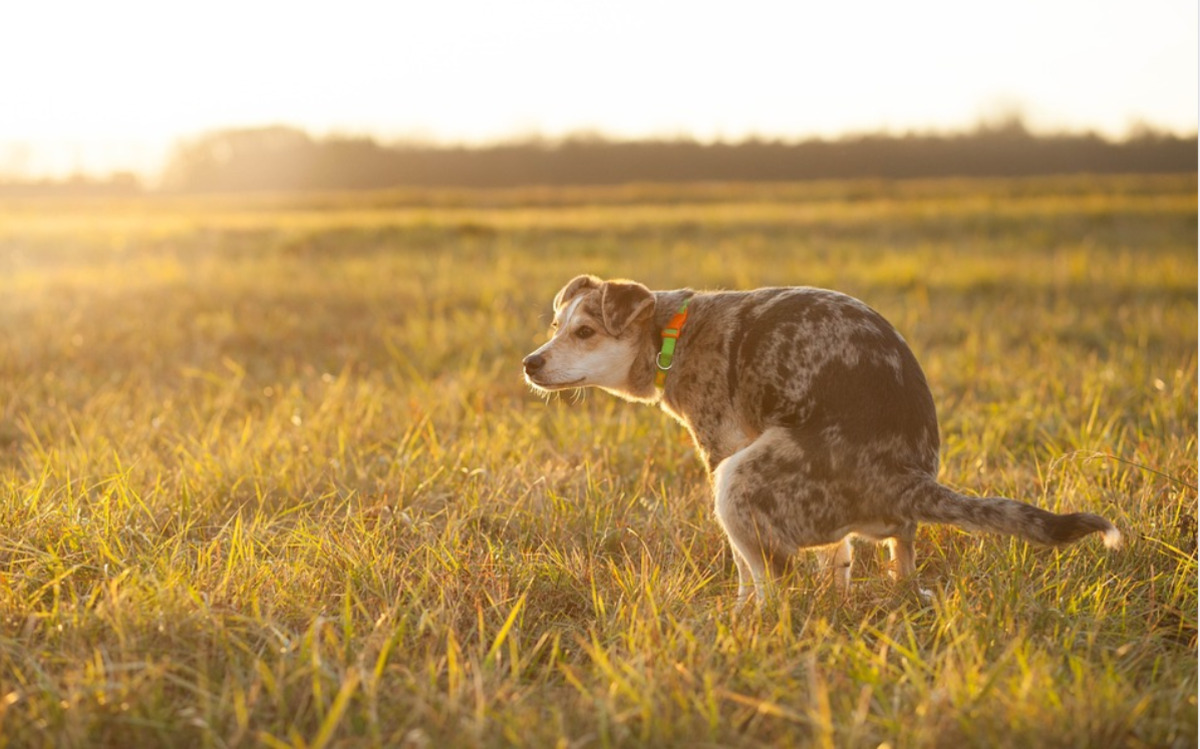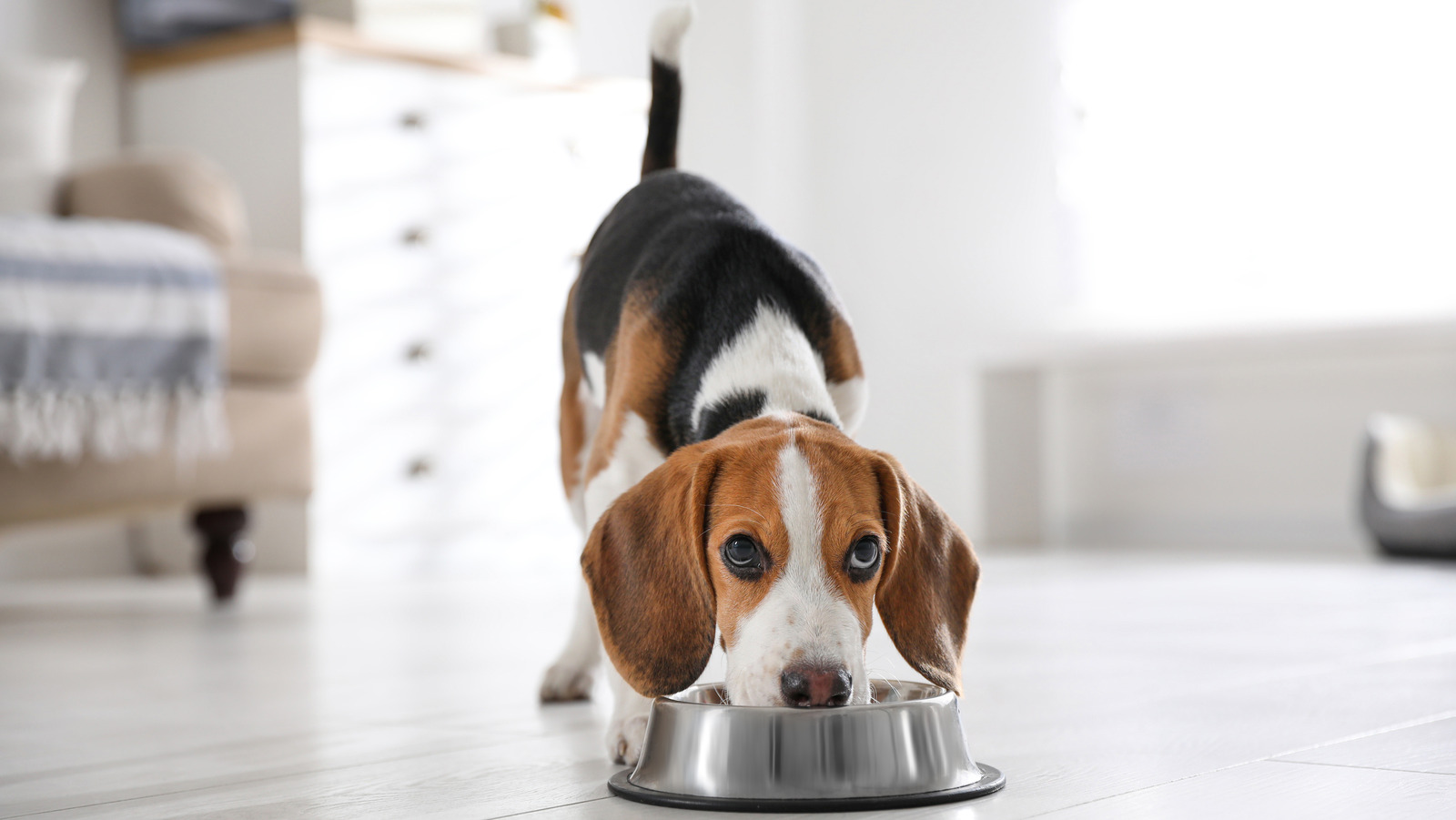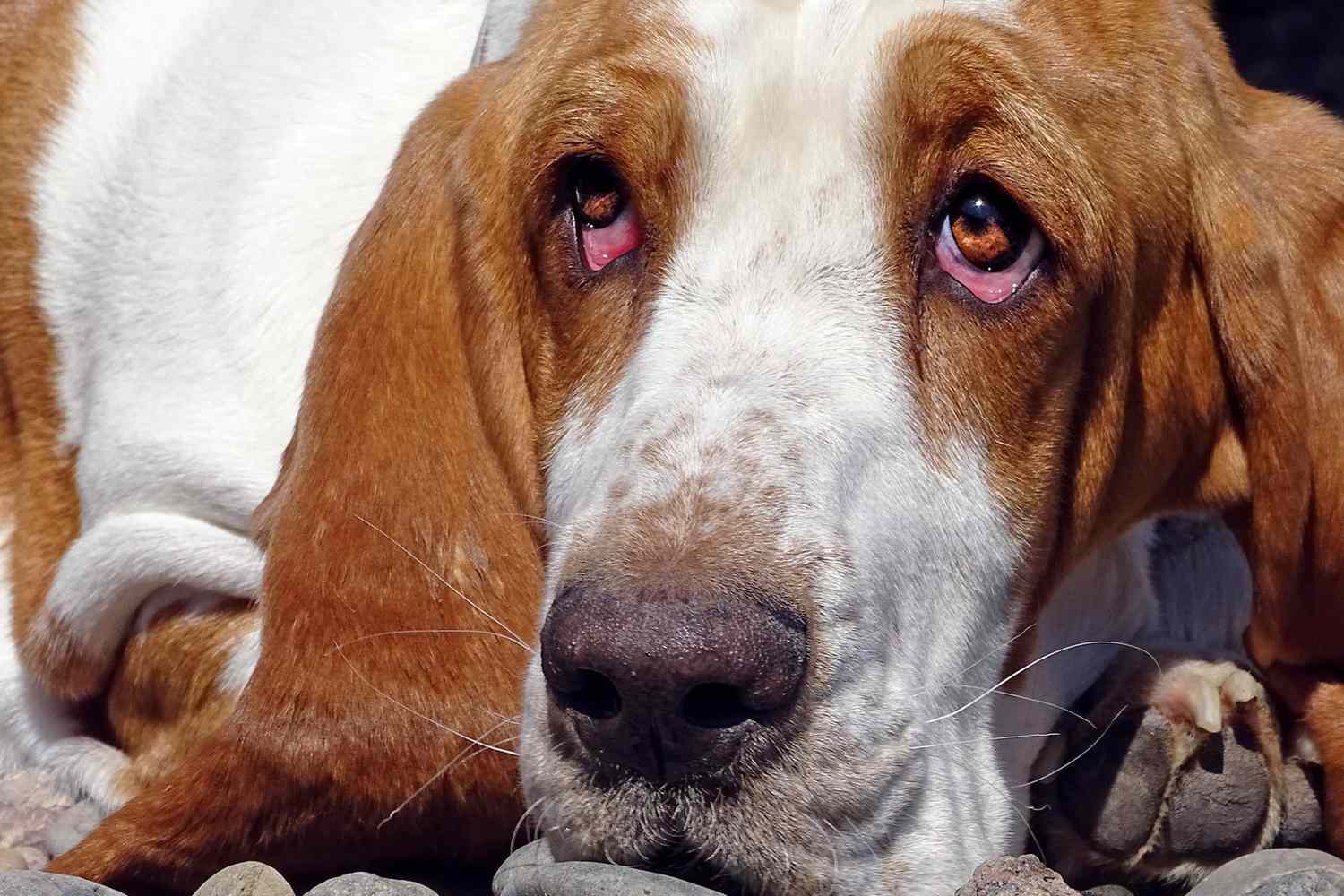Home>Health & Wellness>Common Health Issues>Digestive Health>Decoding Diarrhea in Senior Dogs: Causes and Comforting Remedies


Digestive Health
Decoding Diarrhea in Senior Dogs: Causes and Comforting Remedies
Published: November 22, 2023
An uncomfortable issue that older dogs may face is diarrhea. Learn the common causes of this condition and find out how to provide relief for your senior pet with these comforting home remedies.
(Many of the links in this article redirect to a specific reviewed product. Your purchase of these products through affiliate links helps to generate commission for Pawsomeoldies.com, at no extra cost. Learn more)
When your senior dog experiences diarrhea, it’s not just a messy inconvenience—it’s a sign that something’s amiss in their health. Understanding the causes and knowing how to provide relief is crucial for any dog owner. This guide delves into the common causes of diarrhea in older dogs and offers effective home remedies to ease their discomfort.
Unraveling the Causes of Diarrhea in Older Dogs
Diarrhea in senior dogs can stem from various sources, ranging from diet to underlying health issues.
- Dietary Indiscretions: Sudden changes in diet, or eating inappropriate foods, can upset your dog’s stomach.
- Parasites: Older dogs might be more susceptible to parasites, which can disrupt their digestive system.
- Medications: Certain medications can cause gastrointestinal upset as a side effect.
- Chronic Diseases: Conditions like kidney or liver disease, or even cancer, can manifest as diarrhea.
- Stress: Yes, even dogs can get stress-induced diarrhea.
Home Remedies for Dog Diarrhea
While severe cases require veterinary attention, mild diarrhea can often be managed at home.
- Fasting: Temporarily withholding food (but not water) can give your dog’s digestive system a rest.
- Bland Diet: After fasting, introduce bland foods like boiled chicken and rice.
- Probiotics: These can help restore healthy gut bacteria. Consult your vet for the right type and dose.
- Plenty of Water: Dehydration is a risk with diarrhea, so ensure your dog has constant access to clean water.
- Pumpkin: Plain canned pumpkin (not pie filling) can help firm up your dog’s stool.
When to See the Vet
It’s important to know when home remedies aren’t enough. Seek veterinary care if:
- The diarrhea persists for more than 48 hours.
- You notice blood in the stool.
- Your dog shows signs of dehydration, lethargy, or loss of appetite.
- There are accompanying symptoms like vomiting or fever.
Tail End Thoughts: Caring for Your Aging Companion
Dealing with diarrhea in older dogs can be challenging, but understanding the causes and remedies empowers you to provide the best care for your aging companion. Remember, regular veterinary check-ups are key to maintaining their overall health and well-being.
Frequently Asked Questions
- How long should I fast my dog with diarrhea?
- A 12 to 24-hour fast is typically recommended, but always consult your vet first.
- Can I give my dog over-the-counter medications for diarrhea?
- Avoid self-medicating your dog. Consult your vet for appropriate medications.
- Is diarrhea a sign of aging in dogs?
- While not a direct sign of aging, older dogs may be more prone to conditions that cause diarrhea.
- What foods should I avoid giving my dog to prevent diarrhea?
- Avoid fatty, spicy, or unusual foods, and stick to a consistent, balanced diet.
- Can stress cause diarrhea in dogs?
- Yes, stress can disrupt a dog’s digestive system and lead to diarrhea.
For more detailed information, you can refer to the American Kennel Club’s guide on dog diarrhea1 and other reputable sources.















